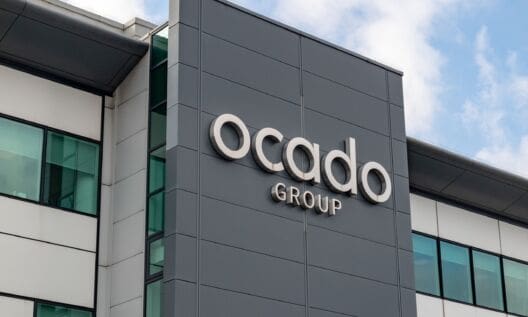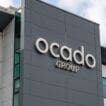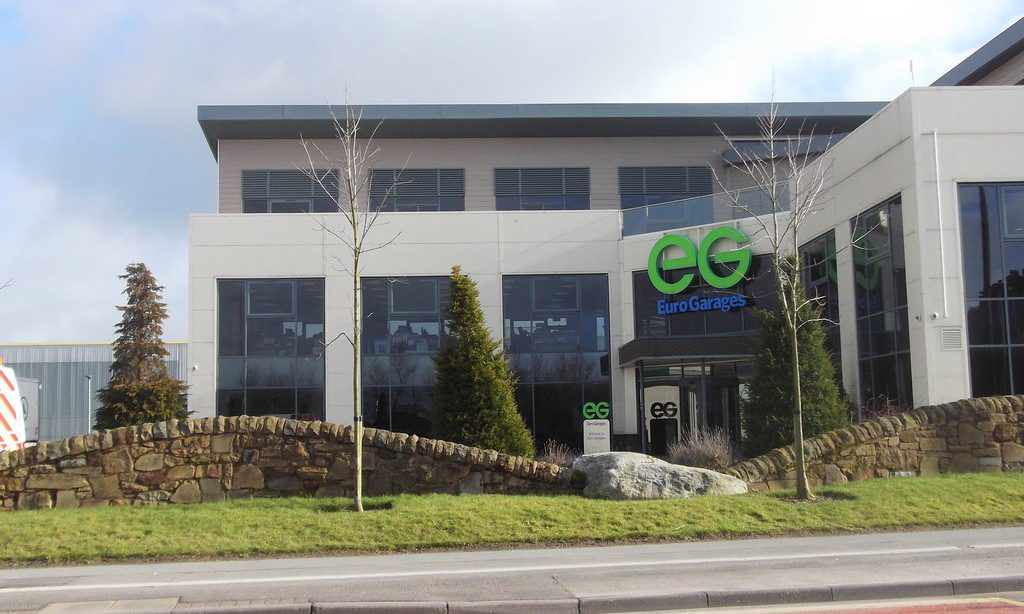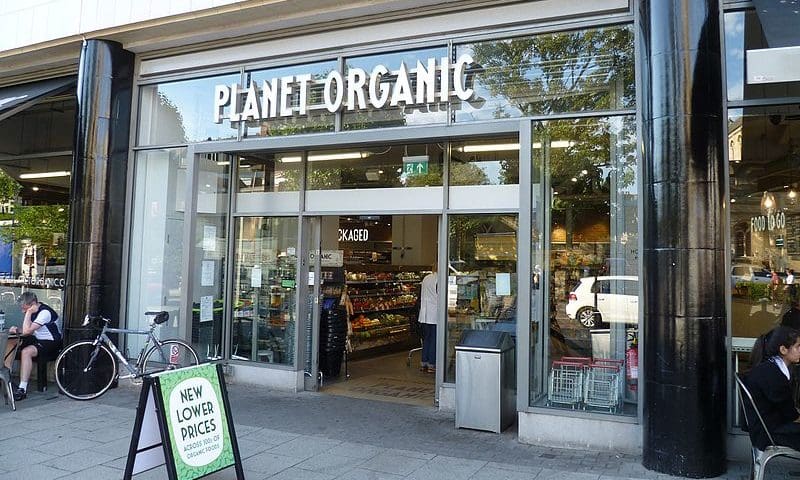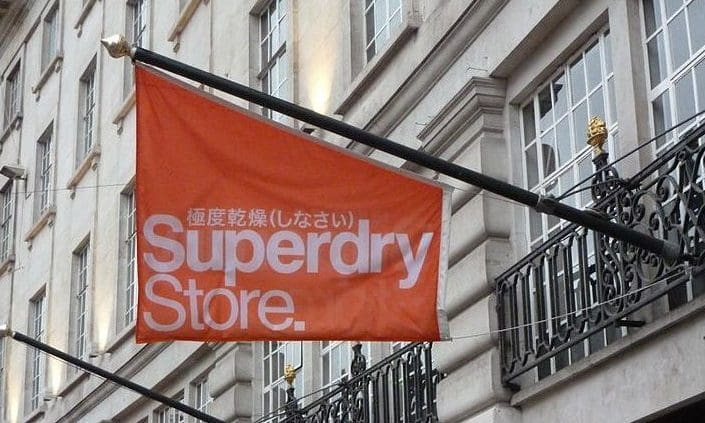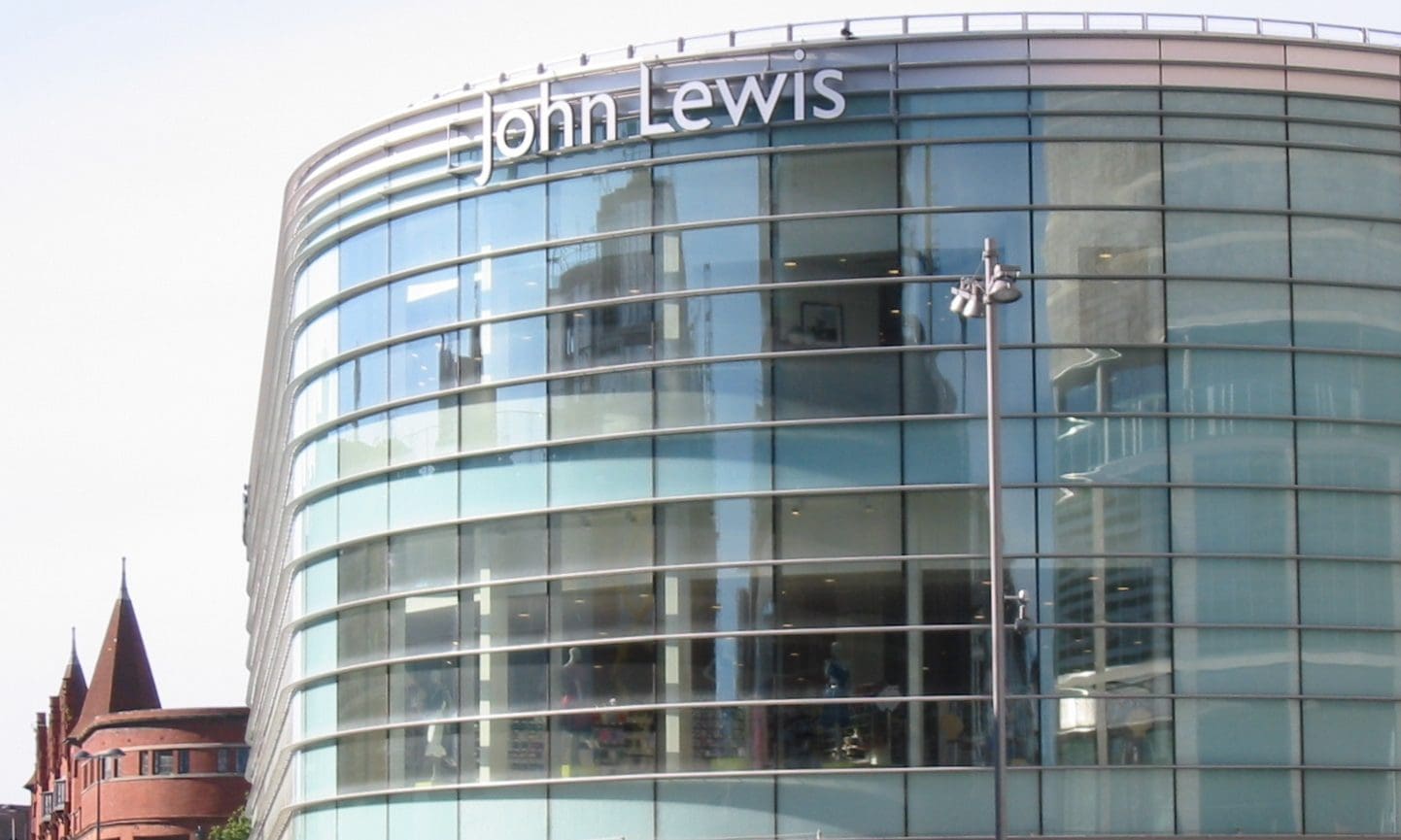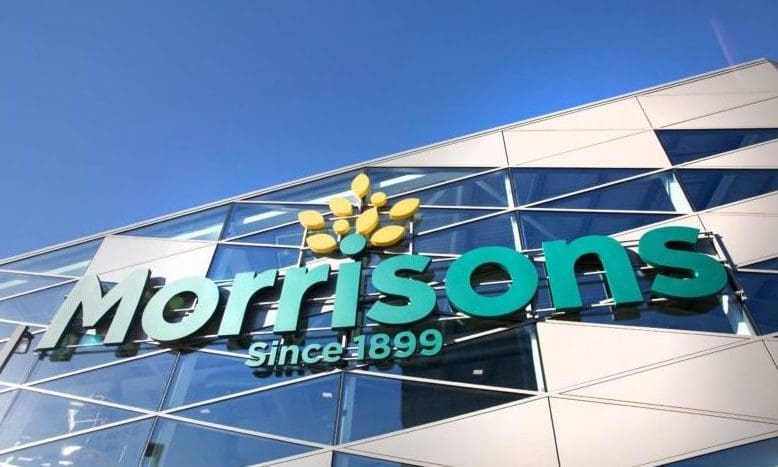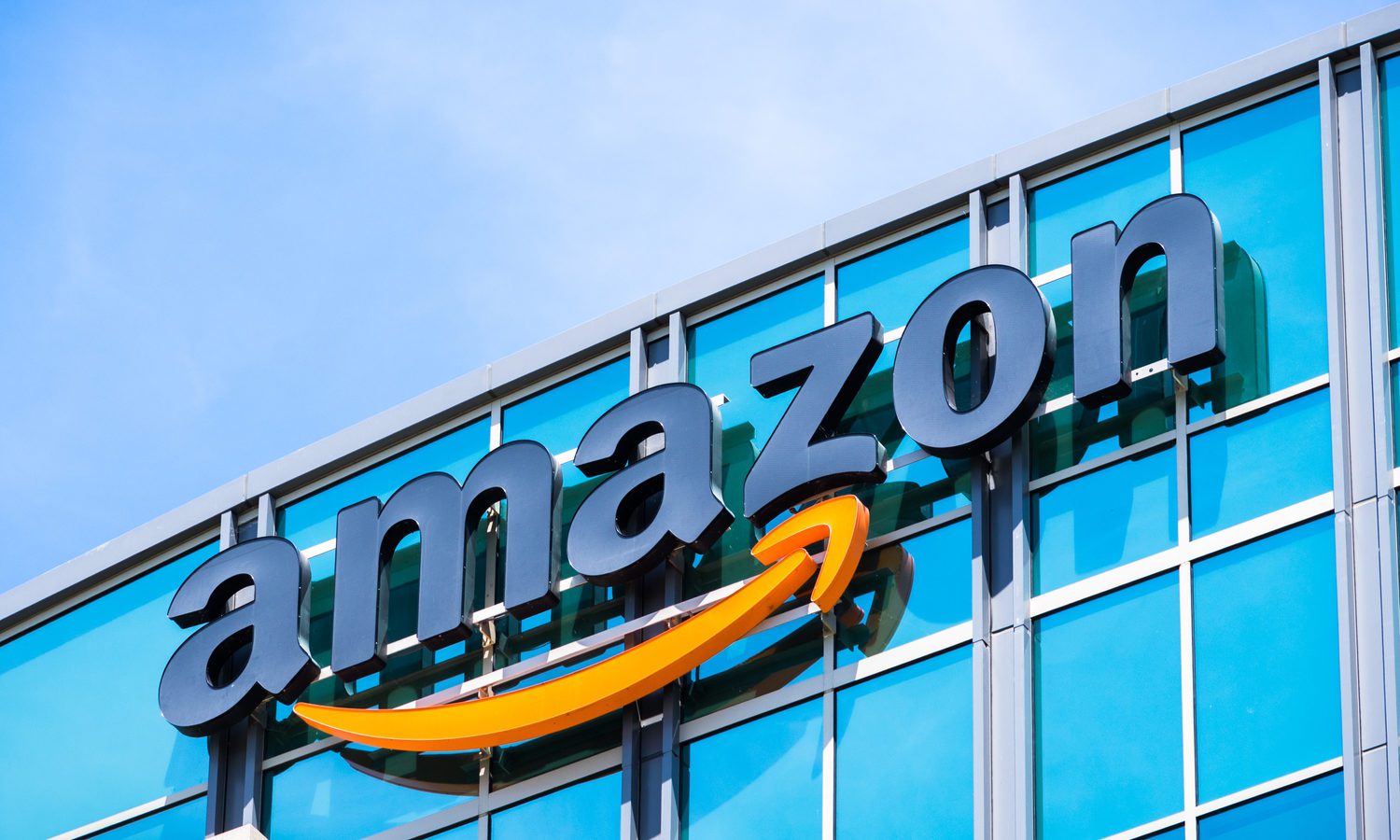Register to get 2 free articles
Reveal the article below by registering for our email newsletter.
Want unlimited access? View Plans
Already have an account? Sign in
Whole Foods, which was acquired by Amazon in August 2017, started off the year with a cut-and-dried plan to invest profits strategically. In what CEO Jason Buechel called “a 10-year vision for leading the company into the future”, the organic produce retailer aims to set records for new store growth, as well as expand to new markets around the world.
In a statement, Buechel outlined four priorities in the company’s new strategy: create the best customer experience in stores and online; invest in team member growth and happiness; deliver exceptional business performance; and expand research to serve customers in new ways.
Past behaviour of retail bosses has dictated that overhauls of strategy subtly reveal shaky ground, as four months on since this announcement, Whole Foods revealed that plans to lay off hundreds of corporate roles is underway due to a tough trading environment.
This was not outside the scope of possibility, seeing as the retailer is just one of many that thought it prudent to reorganise its workforce in the name of cost-cutting. In fact, Amazon admitted that its grocery proposition wasn’t faring quite as well as it expected, which prompted it to halt the expansion of its Fresh supermarkets.
Amazon CEO Andy Jassy, who concedes that the future of grocery is both “online and offline”, also said: “Whole Foods is growing and remains on top for premium, organic grocery, but Amazon’s mass-appeal offering needs work.
“The company has a few dozen Amazon Fresh stores so far. It has also experimented with technology that bills shoppers for what they take from a store without having to pass by a cash register.”
As a competitor in the organic produce market here in the UK, Planet Organic also had its own troubles. Despite previous reports of strong yearly financials, the chain began to make a loss that continued to widen from £2.4m in 2020 to its peak of £3.3m in 2021. This led to the business falling into administration in February of this year, with many big names like Sainsbury’s, Holland and Barrett, and even Redbus Ventures at one point, considering what Planet Organic’s intellectual property could do to their respective businesses.
Not long after the fall into administration was announced, it was also revealed that the retailer was rescued out of its predicament by founder Renée Elliott, who is currently a shareholder at Bioren Limited – the company that acquired the supermarket chain Elliott started in 1995.
In acquiring a majority stake in the company, Elliott, like Buechel, also has plans to “return to Planet Organic’s vision and values”. According to Elliott, the business will be reinvigorated by “celebrating its mission ‘to promote health in the community’ and to renew training and culture, with the aim of inspiring people to eat well and create personal health and vitality, while supporting the earth’s health and biodiversity”.
When Elliott opened her first Planet Organic store in Westbourne Grove, London, in 1995, inflation stood at 2.8% and Aldi was nowhere near as ubiquitous as it is today. Now, we also see higher costs across the board, which has made it much harder for businesses to make a profit.
To complicate matters, the average shopper also grapples with unsustainable food inflation, as well as higher heating costs and bigger mortgages. Meanwhile, Planet Organic also has to consider its competition – Whole Foods and Amazon.


